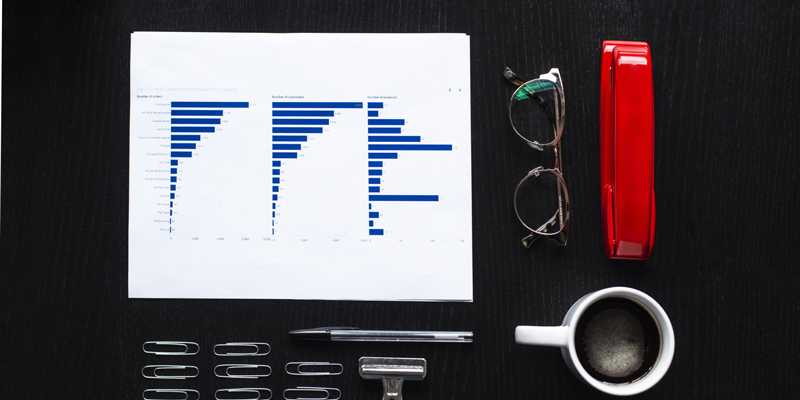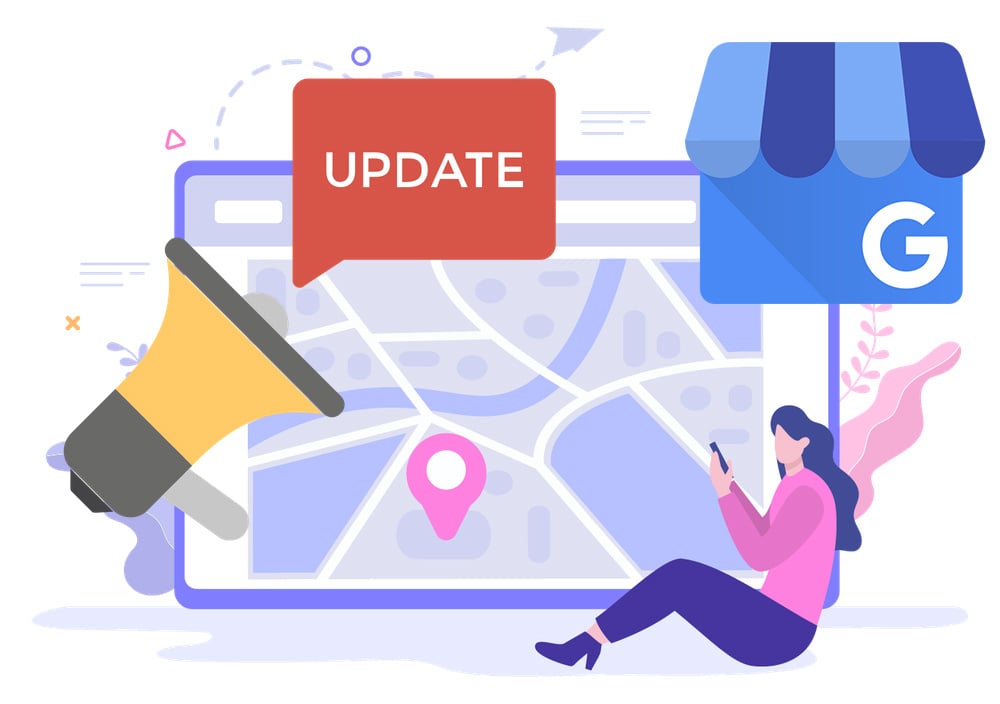Using SEO vs. PPC for Small Business
SEO vs. PPC -- what's the big difference? In this blog, we'll explore SEO vs. PPC, and how you can use these synthesize these approaches to online traffic.



If you want to drive more traffic to your website, you're likely weighing the pros and cons of SEO vs. PPC. Both strategies offer benefits, and many companies combine them to achieve strategic goals.
You can use this article to learn about how PPC and SEO can drive results for your business.
Understanding SEO vs. PPC
PPC and SEO are both important ways to drive website traffic. The tactic you choose will depend on your specific goals, timeline and budget. Many companies end up using a blend of both–-instead of SEO vs. PPC, try "SEO plus PPC."
PPC is short for "pay-per-click." The name describes exactly how this strategy works. Companies pay each time someone clicks through their ad. The goal is to drive qualified traffic that leads to sales, earning a profit that exceeds the cost per click.
PPC is a form of paid advertising, an umbrella term that also includes display ads and social ads. Once a PPC ad directs traffic to your site, you can re-target ads to visitors or even segments of visitors. PPC campaigns work best:
- as a short-term strategy to drive traffic
- to promote a product or service
- to earn qualified leads
PPC is appealing because it gives companies granular control. Creating a PPC ad in Google AdWords includes bidding on specific, relevant keywords. You can also drive traffic to landing pages that have a clear CTA and a compelling message.
By comparison, SEO is a long-term investment that's like casting a net in the right direction. SEO stands for "search engine optimization." When effective, SEO drives high-quality, organic traffic to your website.
SEO includes a wide variety of factors, ranging from code markup to formatting. But the most important driver is content creation. Keyword-focused blog posts and in-depth "10x Content" attract traffic and earn valuable backlinks. Above all, website content should be genuinely helpful best website builder for small business.
Along with these distinctions, SEO and PPC also appear differently in search results. PPC ads are at the top of the page, with organic SEO results below. Finally, PPC results in paid traffic, while SEO results are free (besides the time it takes to create an optimized website).

Use PPC to Quick-start Your Business’ Growth
Because companies pay for PPC ad placement, many use PPC as a short-term way to boost traffic.
Businesses love PPC because it guarantees top placement in search results. This can drive brand awareness and quantifiable results, including traffic and conversions. Best of all, your business will rank above competitors in search results, occupying prime real estate in SERPs.
PPC's other top benefits include:
- Quick results, with many campaigns appearing within one day
- Flexibility and control over campaign messaging
- Ability to target precise, relevant keywords
- Option to easily include custom URLs to measure results
Despite these advantages, PPC has a few drawbacks businesses should consider when weighing SEO vs. PPC. Above all, it's expensive. Google determines its pricing by asking companies to bid on keywords, so competitive words or phrases can become pricey.
Additionally, some consumers will always distrust paid ads. Although PPC can raise brand awareness, it might not convince these customers to convert. This sense of distrust also contributes to ad blindness, a phenomenon in which internet users skip ads while scanning web pages.
Finally, PPC isn't an affordable long-term strategy. It can drive results, but it can't sustain an entire online strategy on its own.
Use SEO to Generate Long-Term Trust & Traffic
If you're serious about ranking for competitive keywords, investing in SEO is a must. While you won't pay to rank organically for search terms, SEO does need time and focus. But without it, your PPC efforts may not drive long-term results.
Businesses understand the importance of SEO. In 2018, more than 60% of marketers said improving SEO was their top priority.
The foundation of strong on-site SEO is original website content. Google prefers content that is helpful, rewarding strong content with higher rankings. For example, keyword-focused blog posts and in-depth product descriptions can both boost SEO. Great content can even earn backlinks from larger websites, improving your website's authority.
Along with being cost effective, SEO offers other significant long-term advantages. Original website content is a form of owned media. This allows your business to retain total control of all content assets. Owned media also allows you to maintain a consistent style and drive coherent brand awareness.
Over time, SEO's ability to provide greater control accumulates significant benefits. Over time, you can add internal links, achieve greater domain authority, and update content for republication.
Best of all, consumers trust organic, SEO-driven content. In fact, 70% of clicks in search results go to organic results–-not PPC ads.
Of course, SEO has its own disadvantages. Above all, it takes a long time to reap the rewards of your efforts. It's also highly competitive, pitting your website against everything else on the internet. When considering SEO vs. PPC, SEO works best as a long-term strategy, not a quick fix.
SEO vs. PPC: Which Is Right For Me?
When evaluating SEO vs. PPC, your long-term strategy will depend on your specific goals. It's normal for goals to shift over time, so SEO and PPC may be more or less helpful at different moments.
In general, you should create owned media assets to build a foundation for SEO. You can rely on SEO to rank for hyperlocal and hyperniche search terms that don't have much competition. SEO lays the groundwork for a long-term strategy, no matter what comes next.
PPC comes into play when you want to extend your reach and drive traffic back to your website. Paid ads generate qualified leads, helping you nurture and retain customers. PPC can also help you establish yourself in competitive spaces. For example, a new eCommerce store might use PPC to drive short-term brand awareness while building up its long-term SEO.
In most cases, PPC and SEO are two strategies that work in harmony. Many businesses rely on a combination of both to form a complete long-term strategy.
Growing your business never happens overnight. But by implementing a mix of short-term and long-term solutions, you’ll speed up the process. Supplement your strategy with tools that help you dominate your local market.
GoSite takes your long-term strategy to the next level with a suite of tools, including automatic SEO, review management, booking tools, and more. Get your free trial today!

%20(1)%20(1).png?width=340&name=Group%2012%20(2)%20(1)%20(1).png)



